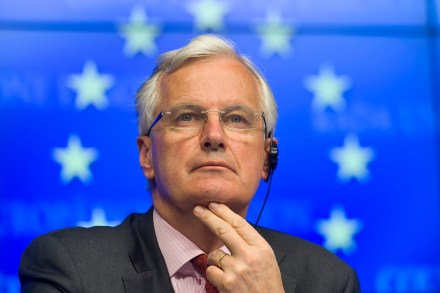The fightback against facial recognition
40 min listen
China has run wild with facial recognition. From using it to ration tissues in public toilets, to identifying highest paying customers in stores and criminals from a crowd, what is a budding technology in the West has furthered state surveillance and corporate snooping in China. But there is a civil fightback happening in the courts, on social media and in public opinion at large. On this episode, I speak to Jeffrey Ding, a DPhil researcher of China’s development of AI at the University of Oxford, and Jeremy Daum, Senior Research Scholar in Law at Yale Law School, who also runs the blog China Law Translate. We discuss who is driving





















